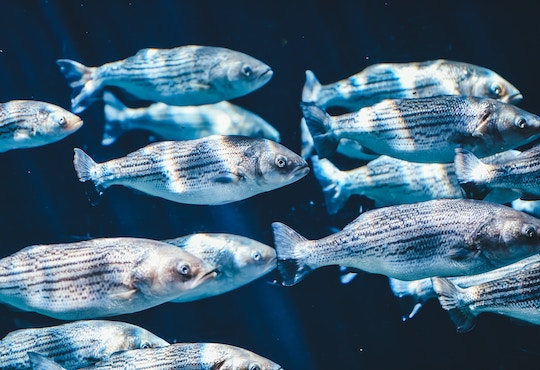A bio-plastic made of organic fish waste that would otherwise end up in landfill, with the potential to replace plastic in everyday packaging, has landed its UK graduate designer a James Dyson award.
Lucy Hughes, 23, a recent graduate in product design from the University of Sussex, sought to tackle the dual problems of environmentally harmful single-use plastics and inefficient waste streams by harnessing fish offcuts to create an eco-friendly plastic alternative.
Her solution, a biodegradable and compostable material called MarinaTex, can break down in a soil environment in four to six weeks and be disposed of through home food waste collections.
It is estimated people in the UK use 5m tonnes of plastic every year, nearly half of which is packaging. Only 51% of local authorities in England have separate food waste collections and even where recycling schemes are in place, the majority of bio and compostable plastics are not generally suited to existing waste treatment infrastructures.
An estimated 492,020 tonnes of fish waste are produced by the fish processing industry every year in the UK and it is considered a huge and inefficient waste stream with low commercial value.
Unwanted offcuts include offal, blood, crustacean and shellfish exoskeletons and fish skin and scales, all of which ends up in landfill or incineration. Through research carried out on the Sussex coast, Hughes found fish skins and scales were the most promising sources for the plastic alternative, due to their flexibility and strength-enabling proteins. A single Atlantic cod could generate the organic waste needed for 1,400 bags of MarinaTex, she found.
Read full original article at theguardian.com
20 septiembre 2019Original Author: R. Smithers

